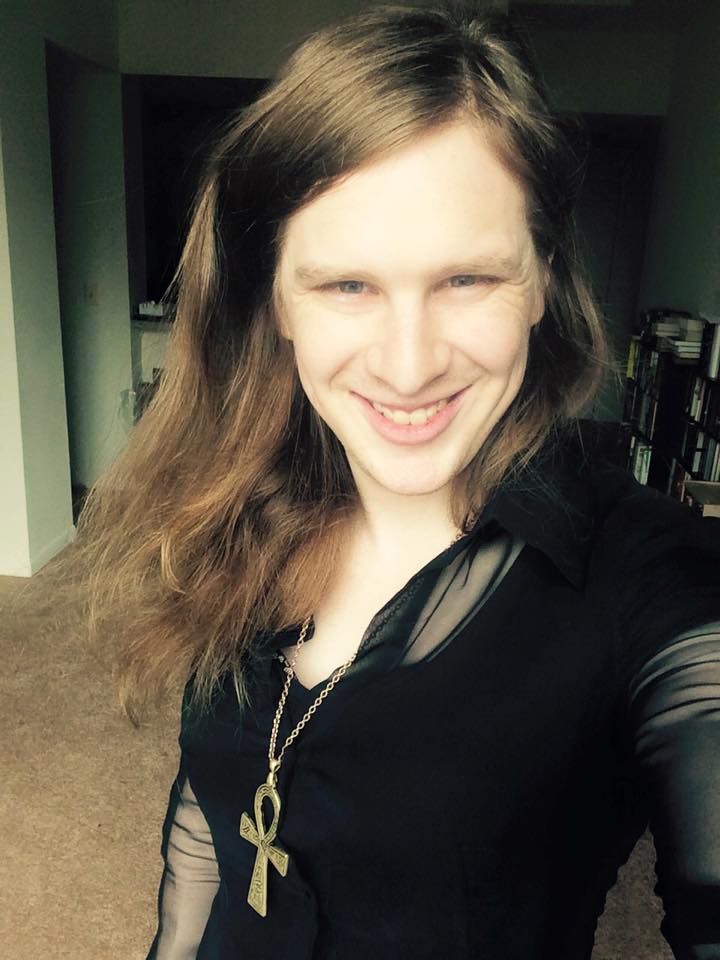By Gabrielle Bychowski
How do we talk about racism? How do we talk about sexism? These were two of the questions that initiated the 2018 Anisfield-Wolf Book Award seminar at Case Western Reserve University.
The goal was not only to help facilitate talk about racism and sexism but also to study the ways in which this talk already occurs. Students were challenged to analyze and deconstruct the grammar and rhetoric of white supremacy: What are the images created and repeated? How are sentences structured to lead readers or listeners to certain conclusions? What are the nouns, verbs, adverbs, and adjectives that act as dog whistles for attentive audiences?
The thesis of our seminar was that Anisfield-Wolf Book Award winners could help answer the questions posed on racism and sexism. We began the semester with the 2018 award winning authors in preparation for attending the awards ceremony in late September. In those weeks, students considered how the poetry of Shane McCrae (captured in In the Language of My Captor) taught readers how language bends and twists in order to reflect the tension between hate and love, captor and captive, identity and society.
Next, the students weighed the importance of truth and hoax through Kevin Young’s Bunk: The Rise of Hoaxes, Humbug, Plagiarists, Phonies, Post-Facts, and Fake News. This text seriously engages what it means to be a “nonfiction” book in an era where various authors try to blur the line between fact and fiction, especially as it applies to the construction, exploitation and oppression of racial identities.
The fiction award winner, Sing Unburied Sing, written by Jesmyn Ward, demonstrates for students the ways that fiction can be used to speak of unspeakable traumas and embodied truths that are too often left dismissively abstract. The majority of the class attended the award ceremony, which was critical to bringing the texts alive in new ways by introducing the classroom readers to the book’s writers.
Beyond the 2018 winners, the seminar invited the class to read important Anisfield-Wolf texts that take different perspectives on the questions and language of racism. Books by Rev. Dr. Martin Luther King, Jr. and Malcolm X began the analysis of the Civil Rights Movement, a scope which we expanded to consider the women of the civil rights movement as well. Books like Hidden Figures and The Gay Revolution filled in this picture in part, as well as additional texts such as This Bridge Called My Back, Sister Outsider, and the writings of Angela Davis.
These women writers gave insights into the ways that women were hard at work in the Civil Rights Movement, as well as the distinct ways sexism was compounded with the racist rhetoric of white supremacy. Indeed, by adding the lens of gender, the reading of King and Malcolm X prompted students to consider how being heterosexual cisgender men of faith may have influenced the way in which these leaders encountered the world.
As a scholar and instructor of Anisfield-Wolf award-winning books, I am honored to introduce students at Case Western Reserve University to the canon of books that each respond to the questions of how we talk about racism and sexism. In the last couple of years, the class has been in high demand with spots filling up quickly. There is always an extensive waitlist.
On the first day, I hear about what brings the students to the seminar and to the Anisfield-Wolf Book Award archive. Some students come already invested in social justice, racial equity, and feminism. Other students come to the class admitting that they come from places where racism and sexism is rampant but discussing either is discouraged. In each case, I take my job seriously: to meet students where they are, equip them with critical tools and books, and bring them into the ongoing discourse the Anisfield-Wolf Book Awards has promoted.
One student, Kami Mukenschnabl, wrote, “Reading and discussing award winners from the Anisfield-Wolf Book Awards has been extremely interesting and eye-opening. Coming into this class, I was not very familiar with cultural ideas and ideas of gender and race that differ from my own….By reading and discussing these books, I have learned how to read, reflect, and discuss the difficult, yet important, topics that these books bring up.”
By the end of the semester, I hear a myriad of ways that students now feel not only better trained to engage these conversations and activism but also feel connected to a wider community that these books have generated. For these reasons and more, I am grateful to see these students and the A-W community grow one year and one seminar at a time.
Gabrielle Bychowski is an Anisfield-Wolf SAGES Fellow at Case Western Reserve University, teaching courses on transgender and intersex history, disability culture, racism, and medieval literature. This post originally appeared on her blog, Things Transform.
